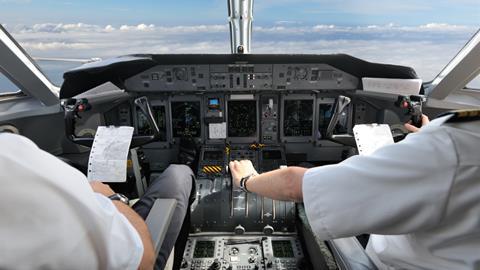Self-piloting aircraft are the latest technological development to be examined by the Law Commission. The two-year review of autonomous flight will examine the existing legal framework to identify the challenges and opportunities linked to the introduction of highly automated aviation systems, the commission said.
Automation is well established in aviation, even in passenger services - a Hawker Siddeley Trident made the first fully automated landing of an airliner in 1965. However recent breakthroughs in drone technology have created the prospect of fleets of fully autonomous craft roaming the skies, carrying people and goods. The commission's review, funded by UK Research & Innovation (UKRI) and the Civil Aviation Authority, will identify the legal challenges thus raised. For example, the Air Navigation Order currently requires the person in charge of a drone to 'maintain direct, unaided visual contact with the aircraft'.
Increased automation has the potential to deliver substantial benefits to the entire aviation system, UK industry, and the public, the Law Commission said. 'To realise these benefits, the UK’s legislative and regulatory framework needs to be sufficiently agile to facilitate innovation, whilst robust enough to maintain the high safety standards that aviation enjoys.'
Nicholas Paines QC, law commissioner for public law, said: 'By undertaking a comprehensive review of the laws around automation, we can ensure that we have a robust, futureproofed legal framework that is able to maintain the high safety standards in the aviation sector, whilst also encouraging innovation.'
This article is now closed for comment.




























5 Readers' comments